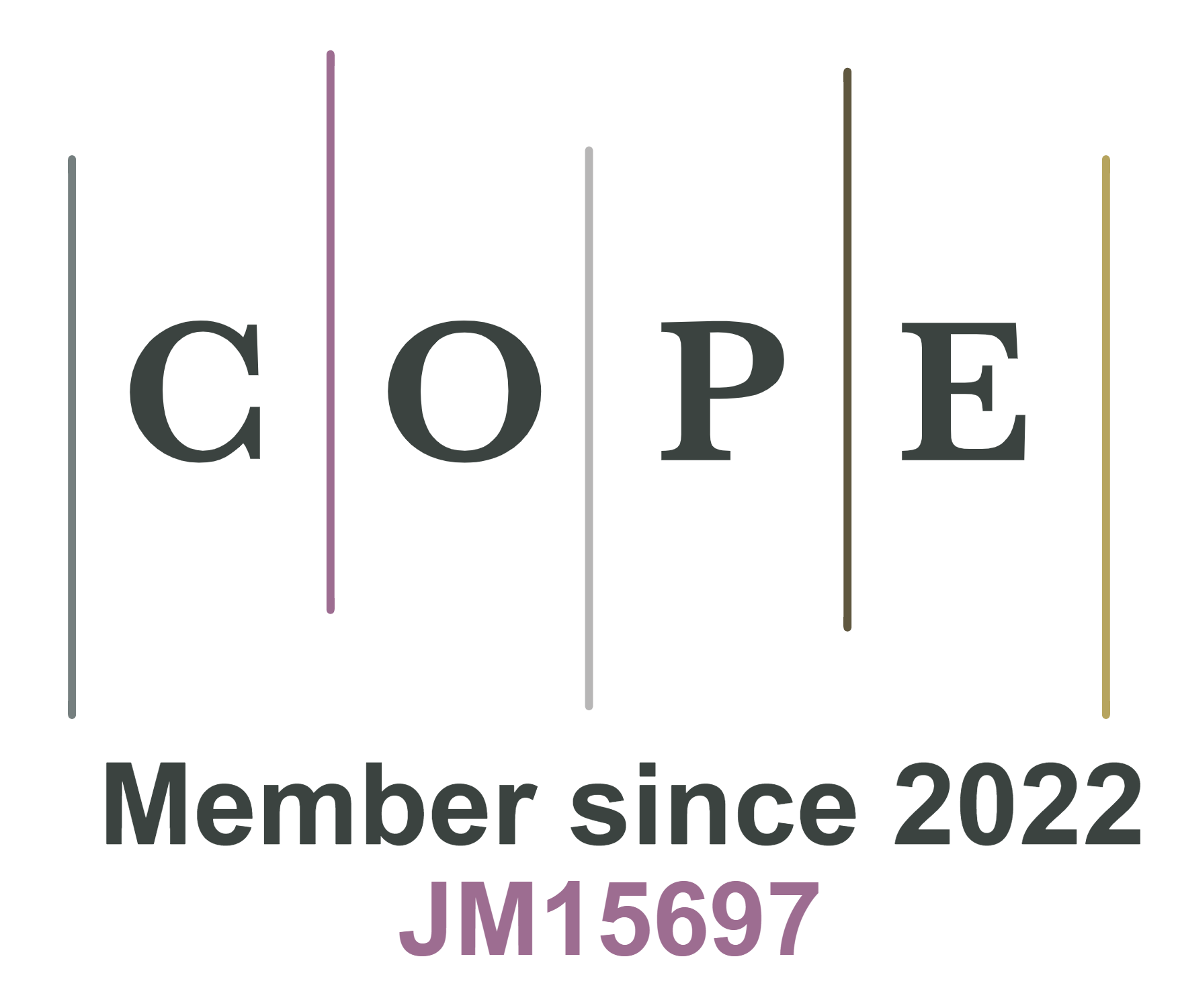A Special Topic of Journal of Surveillance, Security and Safety
ISSN 2694-1015 (Online)
Submission deadline:
A Special Topic of Journal of Surveillance, Security and Safety
ISSN 2694-1015 (Online)
Submission deadline:


All published articles are preserved here permanently:
https://www.portico.org/publishers/oae/